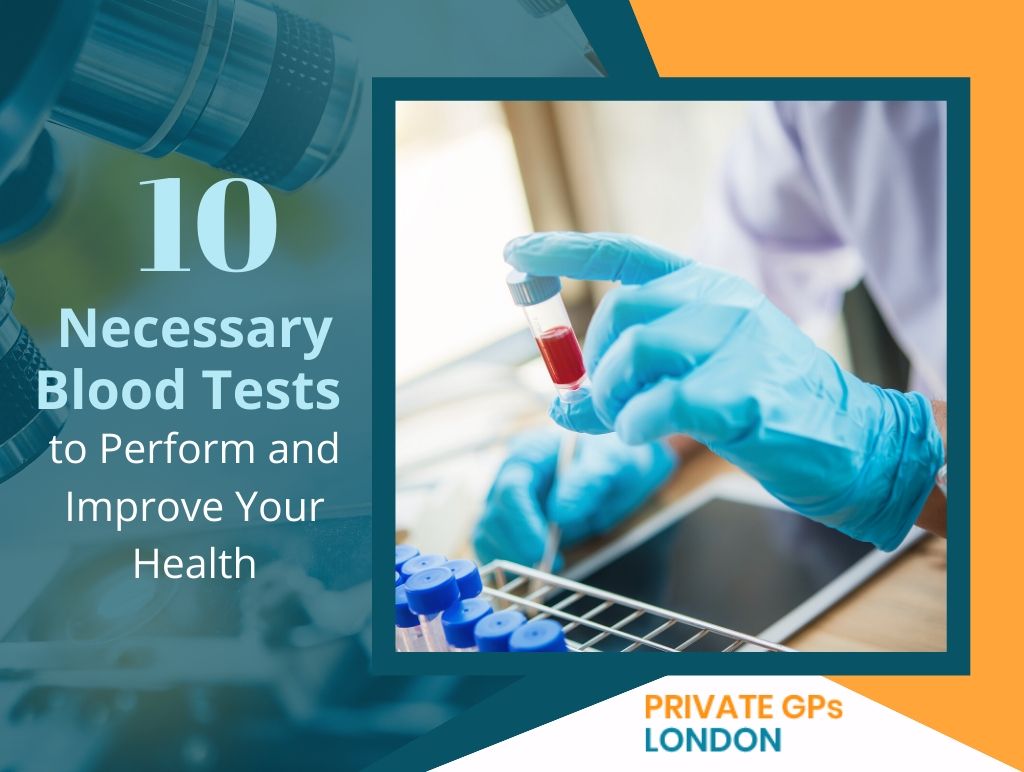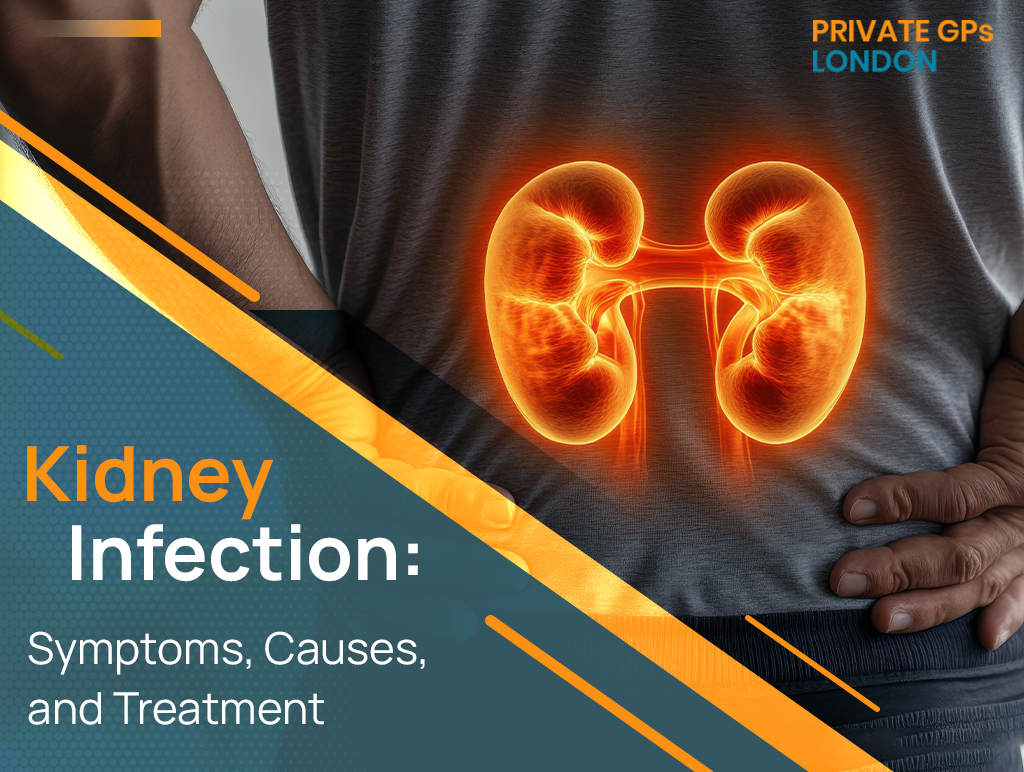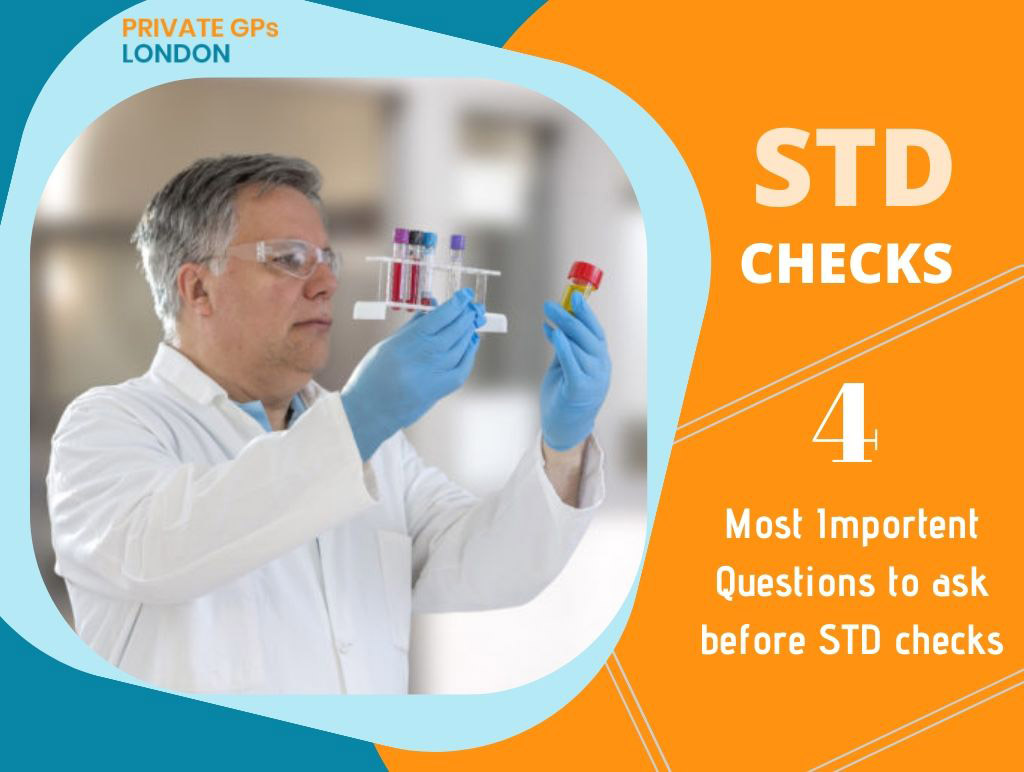10 Important Blood Tests to Perform and Improve Your Health Condition

Blood testing is a great way to begin with effective health and wellness programs since everyone is different. What might be the need for one person will obviously be different for the others. Hence, it is easy to know your specific health needs, imbalances and deficiencies along with a series of blood tests to be conducted. Blood tests will help you to know about certain changes in your body that can cause disease, degeneration, or aging before people notice them.
Let us discuss about 10 important blood tests in London for evaluating your present health condition and improve it quickly. Please note these blood tests will not replace diagnosis from a qualified medical professional, if you have a health concern you must always discuss it with a medical professional registered to practice in England.
1. Complete lipid panel and metabolic rate
The test will enable you to get important information related to the health of your liver, kidneys, blood cells and vascular system. In other words, it will let you to detect diabetes, heart disease, and other severe conditions. The Complete Metabolic calculates the blood glucose while the Lipid panel measures breakdowns of HDL, which is high-density lipoprotein or good cholesteroland total cholesterol versus LDL, which is low-density lipoprotein or bad cholesterol. The lipid panel will consider essential minerals in the blood, such as calcium, iron and potassium.
2. Vitamin D-25 Hydroxy
The importance of Vitamin D is a significant for your overall health. Low levels of vitamin D are common among elderly people. Vitamin D deficiency is a big concern for overall health since vitamin D is important for all the cells and tissues of your body. The deficiency of Vitamin D may affect the functioning of immune system, heart, bone density and overall mood. The vitamin D test allows calculating the level of this vitamin as 25-hydroxy vitamin D changes to an active form of vitamin D in your kidney.
3. Hemoglobin HBA1C
The hemoglobin A1C gives a correct snapshot of sugar control of an individual during the previous two to three months. The test may help to denote the risk of heart disease in people who do not have diabetes. According to the American Diabetes Association, since the hemoglobin A1C does not get affected due to fluctuations that might take daily with glucose monitoring daily, this is an important test for the ones having diabetes and is suggested to be done in every three to six months. This is because maintaining the optimal hemoglobin A1C levels will keep people free from diabetes complications.
4. DHEA
DHEA or dehydroepiandrosterone is the “antiaging hormone that has lower levels of hormone due to age. This is mainly produced by the adrenal glands DHEA levels rise in the 20s and usually plummet throughout the decades. As per studies, if you have very little DHEA, then this may negatively impact immune function, libido, erectile function, wound healing, abdominal fat distribution, mood and bone density.
5. Homocysteine
Homocysteine is said to be an amino acid present in the bodies. Higher levels might be problematic which denotes you have greater risks for improper mental function, heart attack and bone fracture.High blood homocysteine levels may cause damage to the linings of the arteries’ or allow blood to clot easily than it should.
6. C-reactive protein
C-reactive protein is considered to be asign of inflammation in your body. Systemic inflammation has appeared in the form of strong predictor for degenerative diseases that can affect eyes, mind and heart. It can also help to foresee the start of type 2 diabetes and grab attention to disease processes long before they may turn symptomatic.
7. Thyroid-stimulating hormone
Thyroid-stimulating hormone or TSH is secreted through pituitary gland that manages secretion of thyroid hormone in the thyroid. Hyperthyroidism takes place due to lower-than-normal blood levels of TSH and increase in thyroid activities. If you are having lots of TSH in your blood, then it denoteshypothyroidism or little activity. Thyroid imbalances may lead to many or no symptoms at all. Even though hormone imbalances may cause havoc with your health condition and the way you feel, such imbalances are associated with atherosclerosis, irregular heartbeat, low bone mineral density and several nonspecific symptoms such as fatigue and heat intolerance. By calculating TSH, you will be able to calculate thyroid function in the best possible way.
8. Testosterone
Men and women produce testosterone and suffer from dramatic declines in the hormone when they age. While men seem to produce testosterone in the testes, women produce it within the ovaries. This hormone can regulate muscle mass, libido, fertility and one’s sense of wellbeing. Usually, not more than two percent of testosterone in the blood is found in free form which denotes it is completely free to circulate in the nervous system and brain. The levels of free testosterone are generally linked to depression, abdominal obesity, heart disease and unhealthy bones. On the other hand, higher levels of free testosterone in women might denotelow estrogen levels or cause for polycystic ovarian syndrome or excessive hair growth.
9. Prostate-specific antigen for men
Prostate-specific antigen or PSAis a measurement that helps to detect prostate inflammation, cancer of the prostate or enlarged prostate. The protein made in the prostate gland might be elevated when a man suffers from urinary tract infection. It is noteworthy to know that higher levels of PSA does not mean you are havingprostate cancer but is considered to be a blood testing option that help doctors to diagnose for prostate conditions or know risks of cancer and benign prostate problems in patients.
10. Estradiol
Estradiol is the major circulating form of estrogen for different physiological functions in both men and women. The levels of estradiol in women are important tools in assessing sexual maturity and menopausal status. Higher-than-normal levels might denote breast or endometrial cancer in women. However, for men, elevated levels may take place due to male breast enlargement or decreased sex drive as well as difficulty in urination. The hormone is extremely important for your good health, too since it plays a vital role in having strong bones for both men and women.
Thus, different options for your blood testing are extremely important in what you should be able to attain your optimal balance. You can even access a same day private GP in London to book your blood test and discuss what is preventing you from enjoying optimal quality of health. Thus, the treatment should be administered in a safer and an effective way. Blood testing done with these key testing options is an important part to help more people attain their desired health goals.







